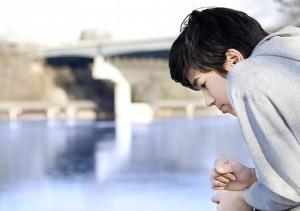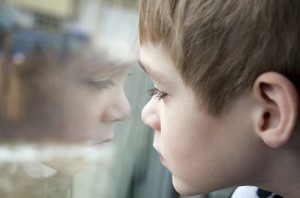
- In most cases, children who are abused or neglected suffer greater emotional than physical damage.
- Recognizing the importance of early trauma to future development is crucial to assisting the victim.
- Not all abused or neglected children will experience long-term consequences. The outcomes of individual cases are influenced by a variety of factors that include:
- Age and development status when the abuse took place
- The type of abuse (physical, emotional, sexual, etc.)
- Regularity and duration of the abuse
- The child’s relationship with the abuser
Physical Effects
- Can be minor (bruises or cuts) or severe (broken bones, hemorrhage)
- Important regions of the brain fail to form or grow properly
- Lifelong physical health problems
- Shaken Baby Syndrome (blindness, learning disabilities, mental retardation, cerebral palsy)
Psychological Effects
- Immediate effects
- Isolation
- Fear
- Inability to trust
- Lifelong consequences:
- Low self-esteem
- Depression
- Relationship difficulties
Behavioral Effects
- Studies have found abused or neglected children to be at least 25 percent more likely to experience problems in adolescence, including:
- Delinquency
- Teen Pregnancy
- Low Academic Achievement
- Drug Use
- Mental Health Problems
Societal Effects
- Direct costs
- Maintaining a child welfare system
- Expenditures by the judicial, law enforcement, health, and mental health systems
- Indirect Costs
- Costs associated with juvenile and adult criminal activity
- Mental illness
- Substance Abuse
- Domestic Violence
- Loss of productivity due to unemployment and underemployment
